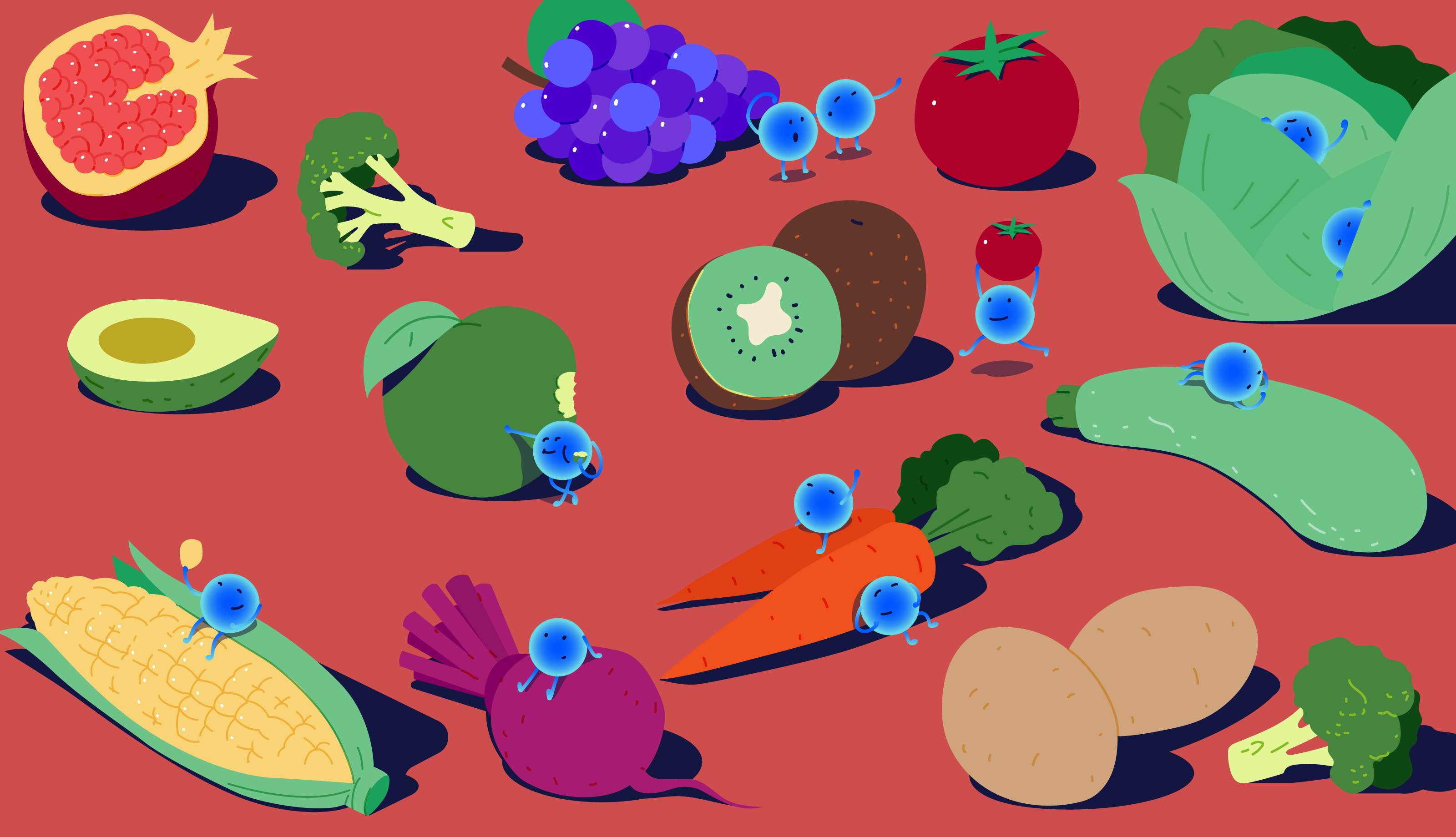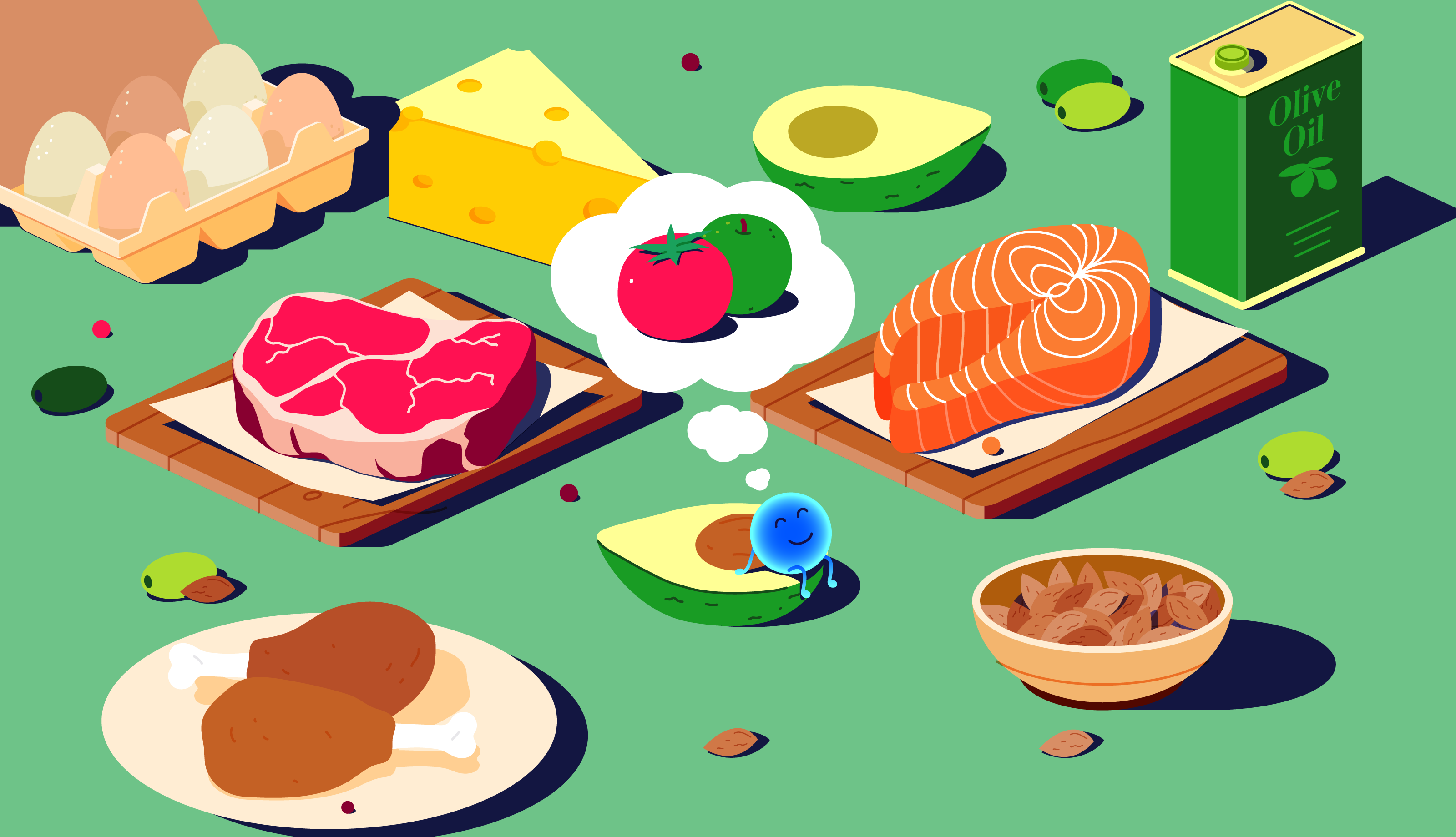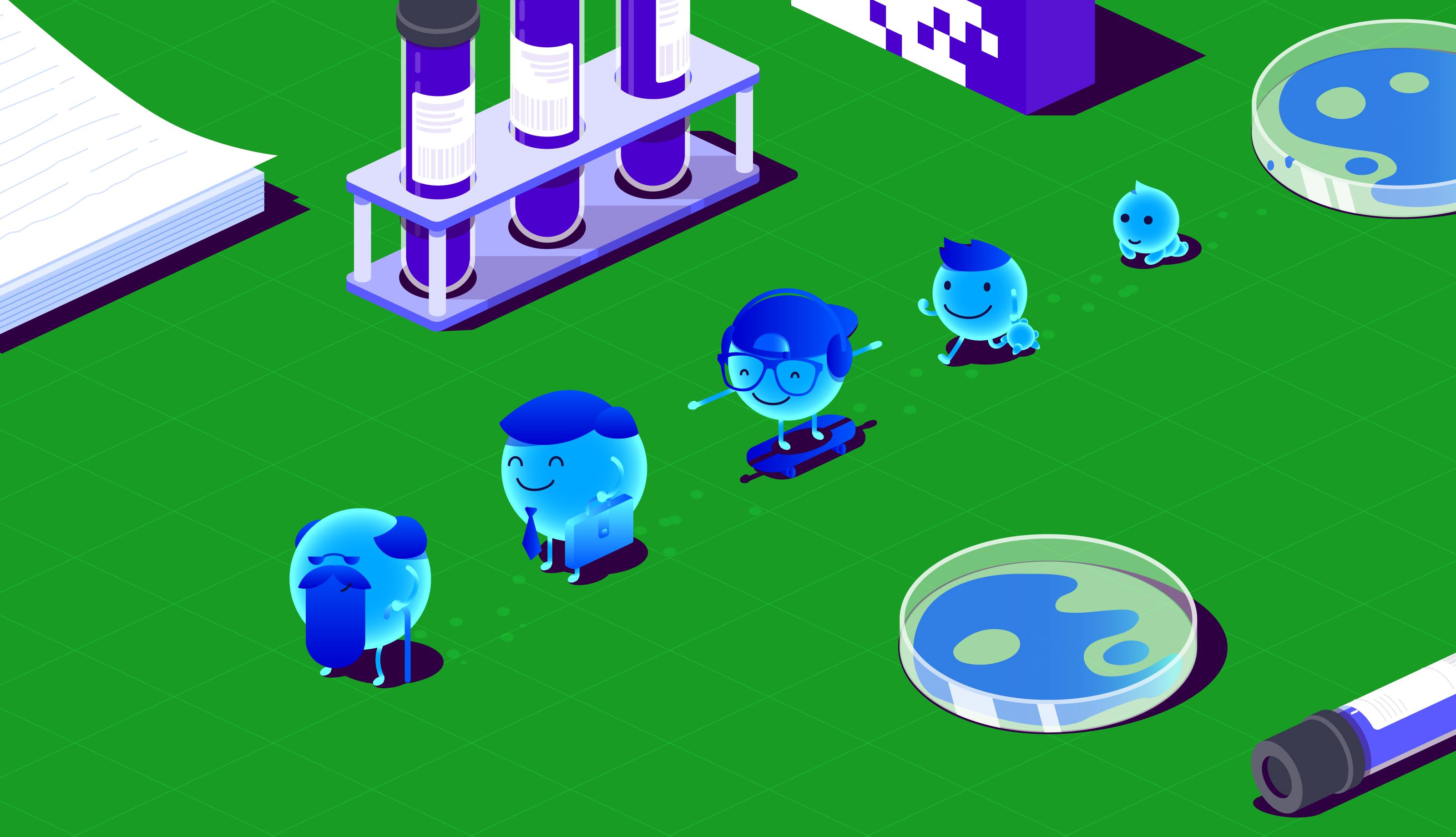Going vegan can be a healthy choice, but there are some risks involved. Before jumping in, here’s what you need to consider before opting out of meat, dairy, and other animal products.
Whether you’re planning on going vegan for life or you’re just considering if the effects of veganism are worth the effort, a vegan diet can have benefits for your health. However, you also need to consider the side effects of a vegan diet before you decide whether it’s the right diet for you.
Table of contents
- What do vegans eat and avoid?
- The real effects of vegan diet
- Going vegan side effects
- Do vegans age better?
- Consider the vegetarian diet
☝DISCLAIMER☝This article is for informational purposes only. It is not intended to constitute or be a substitute for professional medical advice, diagnosis, or treatment.
What do vegans eat?
On the plus side, vegan foods contain prebiotic substances that nourish the beneficial bacteria in your gut that support many important health functions, like keeping the gut lining healthy and reducing inflammation.
☝TIP☝Check your microbiome status and discover what plant foods can benefit your gut bacteria with the Atlas Microbiome Test.
Nutrition for vegans
Before you consider switching to a vegan diet, you need to explore the diverse world of edible plants around you, because if you just cut the meat products and eat tomatoes, iceberg lettuce, carrots, and mustard - well, you might last a day.
| What vegans eat | What better to avoid |
|---|---|
| Vegetables, fruit, herbs, & greens | Meat, poultry, fish, seafood, eggs |
| Wholegrains, beans, & other legumes | Dairy products |
| Nuts, seeds, plant oils | Honey (optional) |
| Fortified plant based alternatives - soy milk, cereals, protein-rich mock meat, fermented foods (kimchi, miso soup, fermented drinks). | Ultra-processed foods (even vegan options) |
| Supplements: Vitamin D and Vitamin B12 are essential. Omega-3, calcium, iron, zinc, and extra protein may be considered after consulting a registered dietitian or nutritionist. | Regular intake of unnecessary supplements and substitutions for normal food. |
Going vegan means incorporating lots of different, colourful vegetables and fruit. However, unless you are planning on becoming an underfed Instagram influencer with an eating disorder, you need to stock up on plants foods that keep you satiated. That means whole grains, like brown rice, barley, quinoa, and buckwheat.
You will also need legumes, like beans and lentils (of which there are many kinds), as well as soy products like tempeh and tofu. Legumes are a source of protein and fiber that digest slowly, keeping you fuller for longer.
Beans and pulses are also a source of iron, much of which non-vegans get from animal foods, but it’s a different type of iron, and that means it’s harder for the body to extract and use – so you need to eat them with some vitamin-C rich foods (like bell peppers or lemon juice) to unlock the iron for your body.
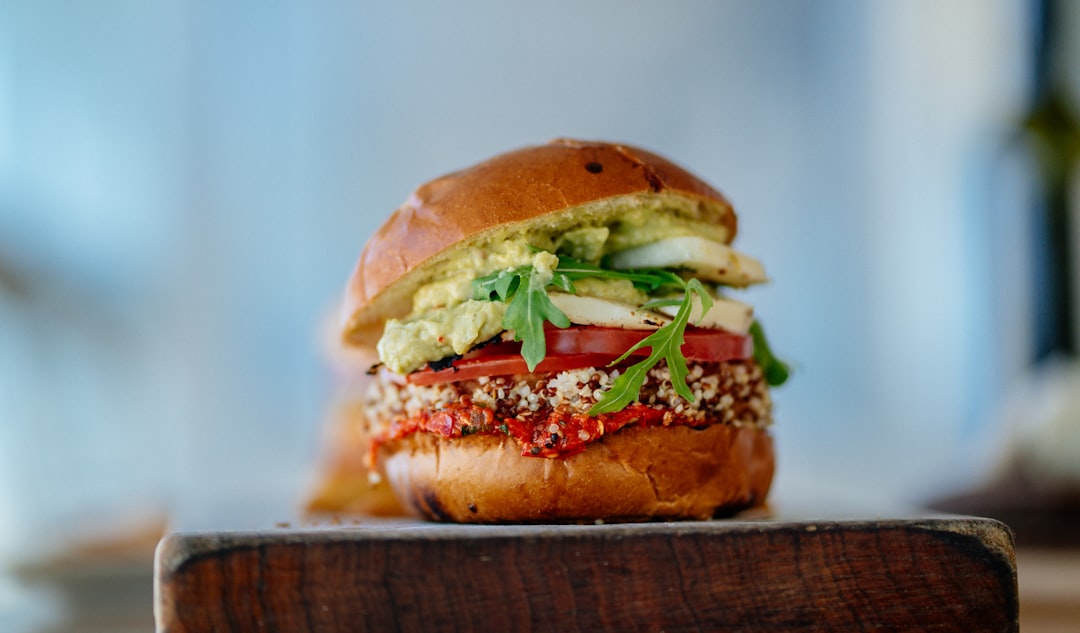
Of course, you must not forget fats because fats are essential for maintaining specific parts of the body, like the brain and the insulation around your nerves (myelin). Some sources of healthy vegan fats include coconut, avocado, olive oil, and nuts. The vegan diet can lack omega-3 fatty acids, so it’s worth considering a plant-based omega-3 supplement.
If you want to improve your gut health and microbiome diversity by consuming more plant foods, you might want to consider getting a microbiome test that provides you with a full microbiome report and weekly food recommendations to boost your gut microbes.
Soft vegan foods
Some people become interested in veganism as a result of serious health problems, like cancer or heart disease, and even sometimes for elderly family members as a means to support their health in later years.
However, you must always consult a trained medical professional before making changes to your diet, especially if you have a serious illness or are taking medication because dietary changes can have important consequences for your health.
If food texture is an issue, consider creamy vegan soups, mashed vegetables, hummus, vegan ice lollies, and ice pops, as well as smoothies. Soft tofu can provide a source of protein that has a gentle texture and requires no chewing.
The real effects of vegan diet
Self-appointed online diet gurus have more followers than scientists on social media, but their “vegan facts” are often unsubstantiated claims. To combat this disinformation, here are some real facts from actual scientific research on the effects of plant-based diets for health.
Vegan skin problems: acne
Veganism is hailed as a solution to common skin problems as it’s richer with fibre and essential nutrients. But having too much sweet food and processed confectionery is still an option, even for vegans. It’s called junk food veganism and it’s not healthier than “normal” junk food.
Food with a high glycemic index has a high association with acne. So if you’re going vegan for your skin, you need to consume enough whole, unrefined plant foods. It’s also not a direct causal link, but a few research papers indicate that dairy consumption may also be linked to acne.
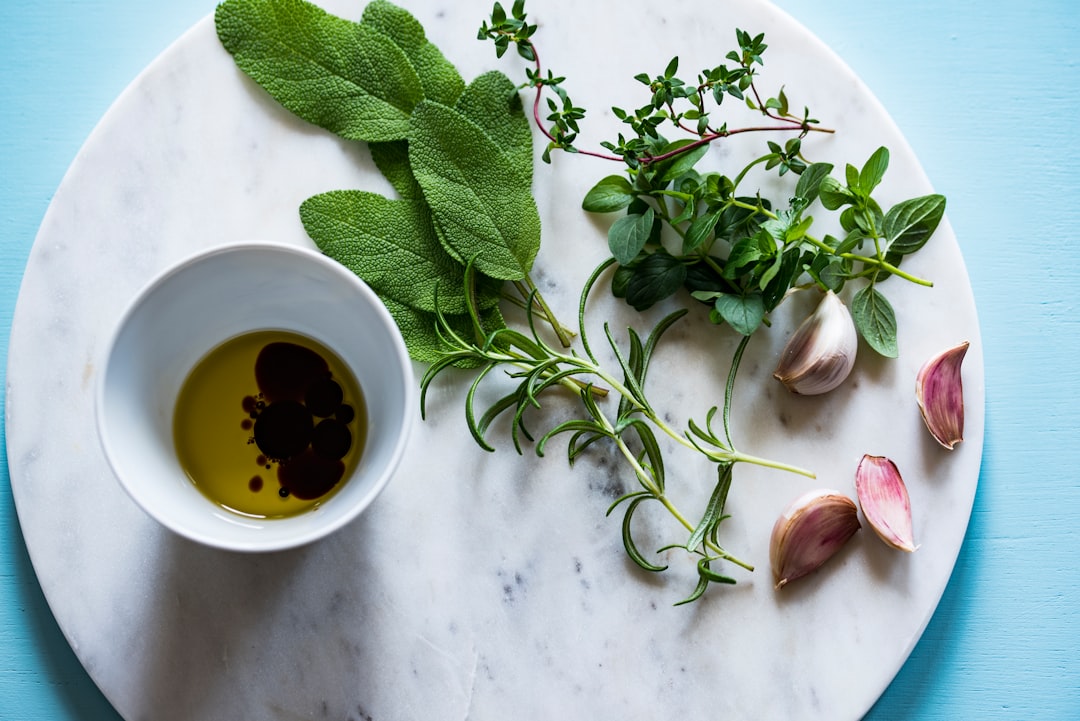
Weight loss
There are a number of studies showing that adopting a balanced vegan diet - no junk food veganism allowed - can lead to significant weight loss in obese participants. It also improves blood lipids (like LDL cholesterol) and blood glucose parameters, both of which are essential for a healthy heart and metabolism.
Cancer
Research shows that a vegan diet can lower the risk of some cancers. The fiber in plant foods eases constipation and enhances bowel movements, which may partly explain why a vegan diet is associated with lower risk of colorectal cancer. Eating plant foods also benefits the gut bacteria in your microbiome that play a role in reducing inflammation, which is linked to lower risk of several common cancers.
Do vegans age better?
Humans are living longer, but we’re getting sick in old age with chronic and neurodegenerative diseases like heart disease, diabetes type 2 and Alzheimer’s. Studies show that whole plant foods provide an array of health benefits that can support a healthy body for longer.
Rainbow foods are colourful edible plants that contain antioxidants which prevent damage at a cellular level. This is important because your body is composed of trillions of cells, and to age better, you need to keep them functioning optimally.
Some people wonder if vegans age faster, and whether an old vegan is healthier than an old non-vegan. While there’s no specific evidence right now to suggest this, a wholesome vegan diet tends to incorporate more spices and herbs that may be beneficial for slowing the rate at which your skin ages, according to one study. Here are which ones:
- Oregano
- Cinnamon
- Cloves
- Ginger
- Garlic
- Plant-based antioxidants (like lipoic acid)
Going vegan side effects
If you’re starting vegan diet, the side effects need to be considered because humans have consumed an omnivorous diet since the emergence of our species. Don’t forget that, you too, have probably been an omnivore too for most of your life. So when you exclude a big food group, like meat and the byproducts of animal husbandry (dairy, eggs), you need to make up for these nutritional losses.
Nutrient deficiencies
A well-reported risk of veganism is the depletion of certain micronutrients, like vitamin B12 and minerals, that we usually obtain from animal-derived products. That’s why it’s important to get a variety of different plant-based foods, monitor your nutrient intake, and if necessary, take a supplement.
The best way to avoid this is to consult a certified dietitian who can help you build a diet tailored to your energy expenditure, health status, and local food availability. It is important to design an age-appropriate vegan diet that may require extra protein, calcium, zinc, and iron. So check in with a registered dietitian or nutritionist from time to time to prevent malnutrition.
Hunger
Lots of people start off gung-ho on a vegan diet without considering that nutrition is the main source of energy and nutrients that keep the body healthy - and hunger is a major side effect of dietary imbalances. Fruit and vegetables alone will not keep you full, so you need to consider what stables, like starches, legumes, and fats, you will add to keep hunger at bay.
Mental health
Eating disorders, anxiety, and depression are on the rise. It’s not helped by the unattainable body shapes celebrated on social media that can contribute to a sense of dissatisfaction with our physical appearance.
This can lead to rash food decisions, fad diets, and crash diets. So it’s worth remembering that, according to one study, excluding food groups is linked to higher reported symptoms of depression – and veganism is no exception, especially since it cuts out so many types of food.
Consider the effects of vegetarian diet
Veganism is an attractive diet: it can lower your carbon footprint and improve your body weight, not to mention your blood sugar levels, gut microbiome health, and general sense of wellbeing. But it’s not a silver bullet, and moderation is also an option.
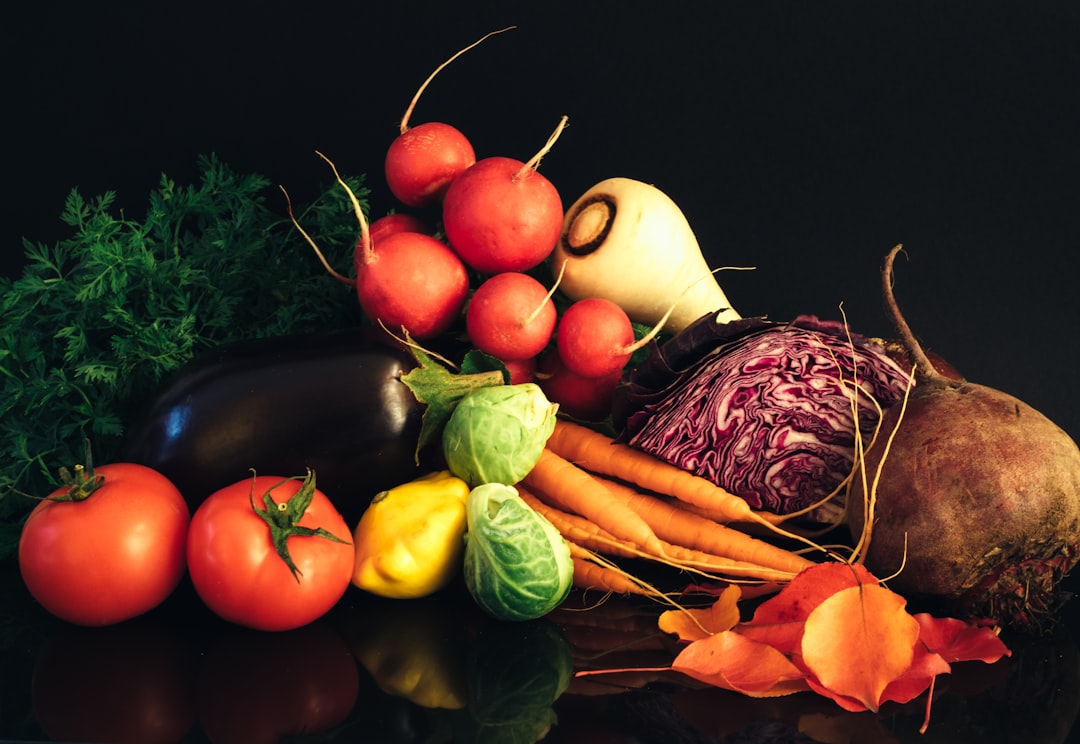
A vegetarian diet (no meat, but yes to dairy and eggs) can also have similar benefits for your health. It has the added bonus of limiting the sense of loss you will feel by excluding all meat and animal-derived products.
Diet diversity also will give you the chance to immerse yourself in a plant-based diet without feeling restricted, which is a common reason for giving up a vegan diet. If you’re already a vegetarian and you’re ready for the next step, remember these essential points on how to go vegan safely:
- Variety is the key to a healthy vegan diet: add lots of diverse new plants to your diet.
- Always remember to get enough protein and fats to stay full.
- Learn to cook, because processed junk food isn’t healthy, even if it’s vegan.
- Experiment with homemade vegan cheese or veganising foods you enjoyed before.
- Take some cooking classes to learn more vegan recipes if you struggle to vary your diet.
- Avoid reading dodgy blogs or watching youtube - carefully choose information resources.
- Consult a registered dietitian or nutritionist to make sure your diet is balanced.
- C.R. Juhl et al, Dairy Intake and Acne Vulgaris: A Systematic Review and Meta-Analysis of 78,529 Children, Adolescents, and Young Adults, 2018
- F. Fiedler et al., Acne and Nutrition: A Systematic Review, 2016
- J. Matta, Depressive Symptoms and Vegetarian Diets: Results from the Constances Cohort, 2018
- R. Katti et al., Diet and Dermatology, 2014
- M. Dinu et al., Vegetarian, vegan diets and multiple health outcomes: A systematic review with meta-analysis of observational studies, 2017


